NEW LEGAL WHITE PAPER HIGHTLIGHTS URGENT NEED FOR LAWSUIT LENDING REFORM
‘Wild West’ of Unregulated Third-Party Litigation Finance (TPLF) Industry Puts Consumers at Risk, Undermines Fairness & Equity in New York’s Legal System
New York, NY, February 8, 2024 — Consumers for Fair Legal Funding (CFLF) – a coalition of community groups, social justice organizations, and business interests across New York State – today applauded a new legal white paper that shines a light on how the unchecked lawsuit lending industry is undermining New York’s legal system at the expense of vulnerable plaintiffs.
“The Sunlight Disinfectant Principle: Transparency & Full Disclosure Are Necessary Safeguards for Consumer Litigation Funding” reveals the seedy underbelly of the booming and unregulated third-party litigation finance (TPLF) industry. Its findings underscore the need for both the court system and state lawmakers to enact commonsense reforms that prevent conflicts of interest in the litigation process and cap sky-high interest rates that rob deserving plaintiffs of settlement cash.
“Years of inaction by the courts have allowed bad actors to take advantage of what is effectively a ‘wild west’ of third-party litigation finance,” said the white paper’s lead author, Christopher Theobalt, Esq., a partner at Kahana & Feld's New York office. “Our judicial system is built on transparency and the search for truth. The law favors broad disclosure to achieve the prompt and equitable resolution of civil disputes and, therefore, ought to look askance at behind-the-scenes profiteering that undermines these aims. Yet, courts have turned a blind eye to TPLF, effectively giving funding companies a green light to prolong litigation, squander scarce judicial resources, and delay and diminish plaintiffs’ recoveries.”
Over the past decade, lawsuit lending has become a multibillion-dollar global industry, with lenders increasingly funded by deep-pocketed hedge funds and foreign interests. Efforts to regulate and examine the issue in the state legislature have stalled, blocked by those interested in protecting the status quo so they can continue to make massive profits at the expense of vulnerable individuals.
Also known as pre-settlement funding or car accident loans, lawsuit lending includes the practice of providing cash advances to individuals suing for injuries, mistreatment, or abuse while their cases are pending to help cover essentials, such as medical bills and living expenses.
Notably, the white paper cites real-world incidents in which this out-of-control industry has wreaked havoc on civil cases in New York. In one 2017 example, the City of New York settled a lengthy dispute with a personal injury plaintiff, Theresa Guss, but was subsequently dragooned into further litigation over the distribution of the settlement funds.
The City settled the case for $2.1 million, which, following attorneys’ fees and Medicare and Medicaid dedications, should have left Ms. Guss with $1,094,000. However, due to annual interest rates of 79.38% and 98.95% on loans she obtained while the case played out in the justice system, Ms. Guss never saw a penny of her settlement.
Additionally, Theobalt notes that the absence of disclosure requirements related to lawsuit lending enables conflicts of interest to thrive unchecked and can rob plaintiffs of their ability to make smart settlement decisions:
“Liberal discovery of TPLF information would have the additional benefit of permitting courts to review the myriad forms of TPLF agreements and ensure that no conflict exists between plaintiff’s counsel and the funder. It is an open secret that there is, in too many cases, an incestuous relationship between TPLF companies and plaintiff counsel. This is a radical shift from only two decades ago when plaintiff attorneys would routinely bemoan the rare occasions on which their clients entered into such agreements and smacks of an extremely lucrative ’can’t-beat-‘em-join-‘em’ solution to this predicament.”
The Kahana & Feld paper is yet another proof point in favor of reforming this rapidly growing and influential industry. Enacting clear disclosure rules and creating a more transparent civil justice system will protect vulnerable New Yorkers and ensure that they are not taken advantage of by unscrupulous lenders.
“The laissez faire attitude that has been displayed to date is not only strikingly uncharacteristic of New York’s judiciary, but incongruent with the law’s preference for liberal discovery of financially interested parties,” Theobalt said. “If courts do not act now, TPLF will continue to plague the state’s overburdened court system until the Legislature steps in. The current trajectory is simply unsustainable.”
CFLF is educating lawmakers on the importance of passing comprehensive, commonsense legislation to establish meaningful limits on allowable interest rates and require lenders to disclose lawsuit loans. To learn more about CFLF and why New York needs to enact commonsense reforms on lawsuit lending, visit https://fairlegalfunding.org/.
